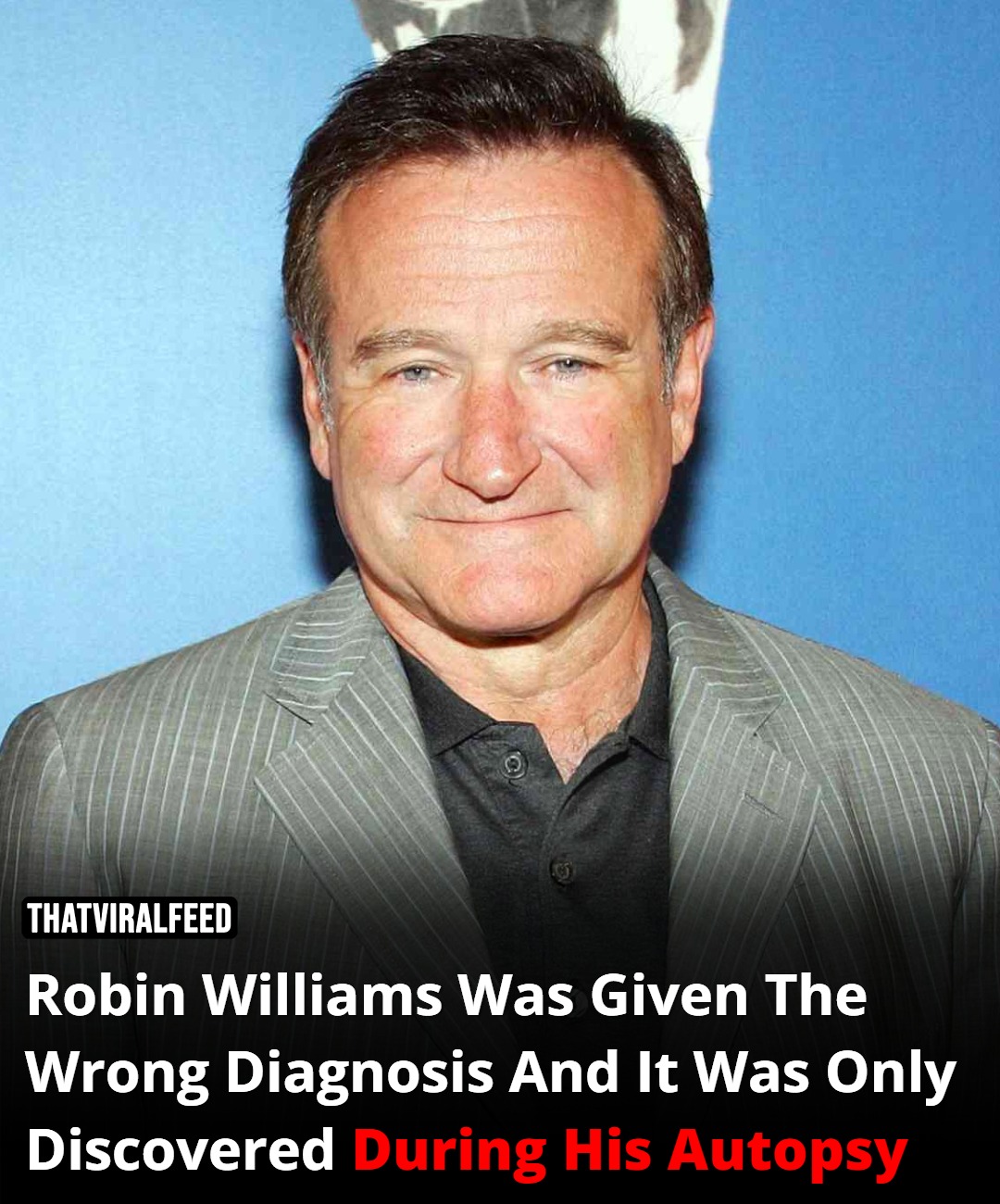Robin Williams, a well-known actor, was incorrectly told he had Parkinson’s disease.
This condition affects the brain and leads to problems like shaking, stiffness, and trouble with balance and movement.
On July 21st, which would have been his 73rd birthday, his son Zak shared a heartfelt message online.

He expressed his gratitude towards his father for all the joy and hope he brought to people’s lives.
He mentioned, “Dad, on what would be your 73rd birthday, I remember you for all the hope and joy you brought to the world.
“There’s not a week that goes by without someone sharing with me how you helped them through a dark time or a rough patch.
“I’m so grateful and proud to be your son. Love you forever.”
It was only after Williams died, a decade ago, that an autopsy showed he actually had Lewy body dementia (LBD), not Parkinson’s.
This condition had been causing symptoms similar to Parkinson’s.
It happens when “Protein deposits called Lewy bodies develop in nerve cells in the brain.
“The protein deposits affect brain regions involved in thinking, memory and movement.”

Sadly, there is no cure or treatment available to slow down this aggressive neurological disease.
He shared that the symptoms his dad experienced didn’t align exactly with typical Parkinson’s cases, which was very hard on him.
“There was a focus issue that frustrated him, there were issues associated with how he felt, and also from a neurological perspective, he didn’t feel great. He was very uncomfortable,”
